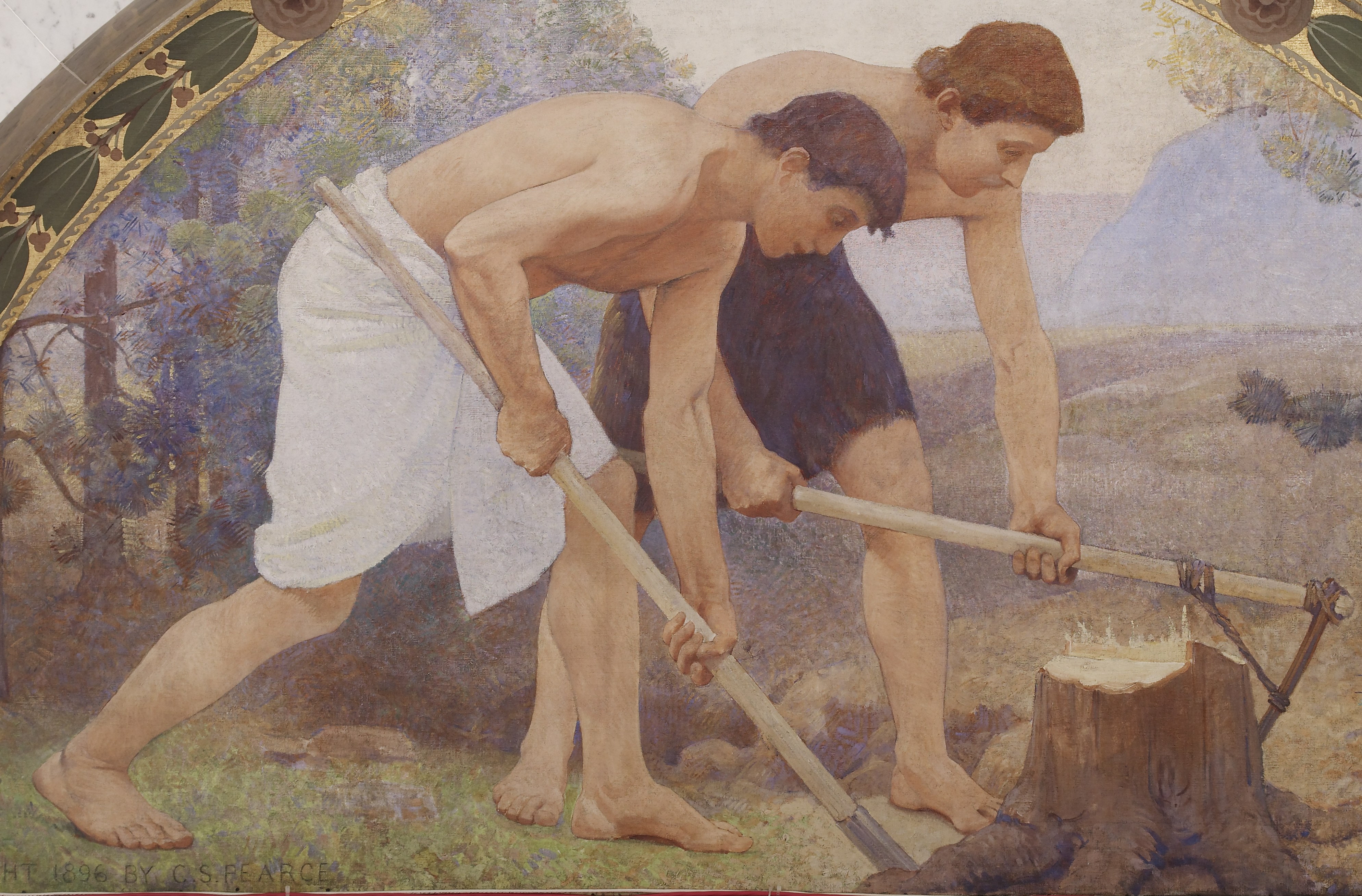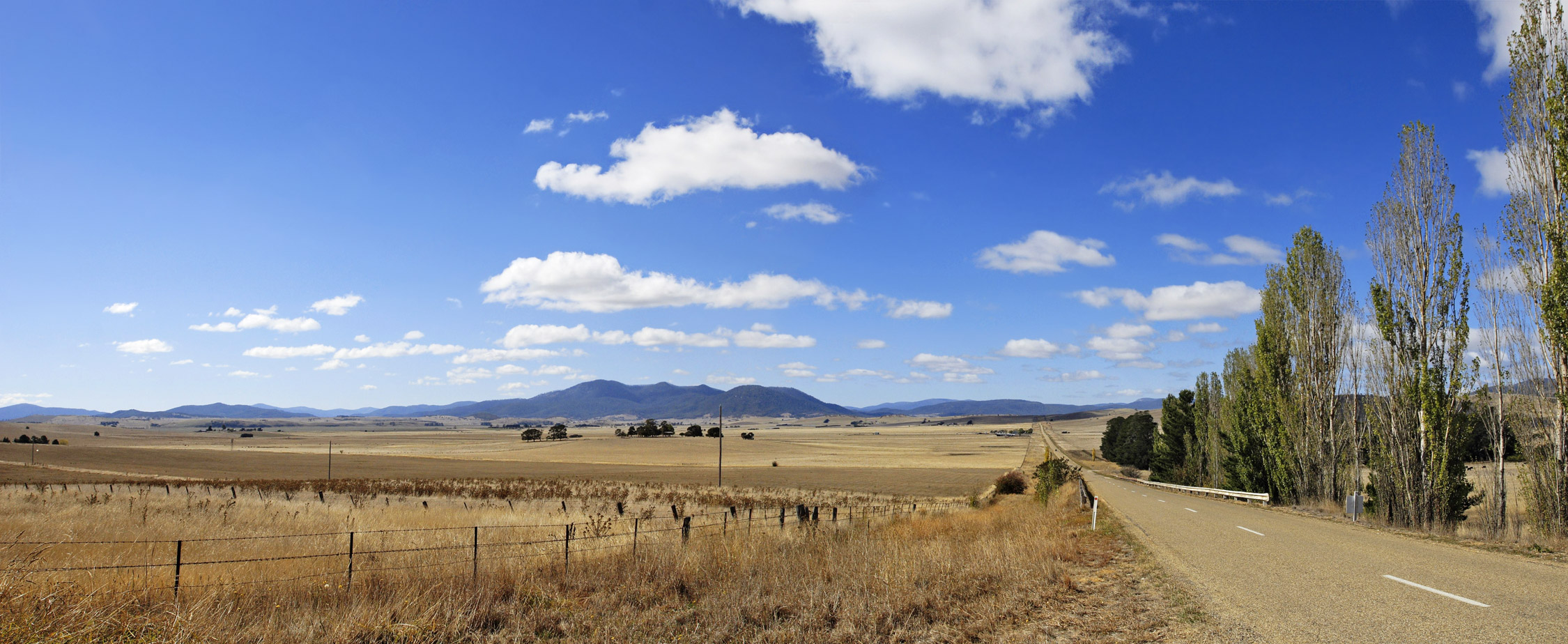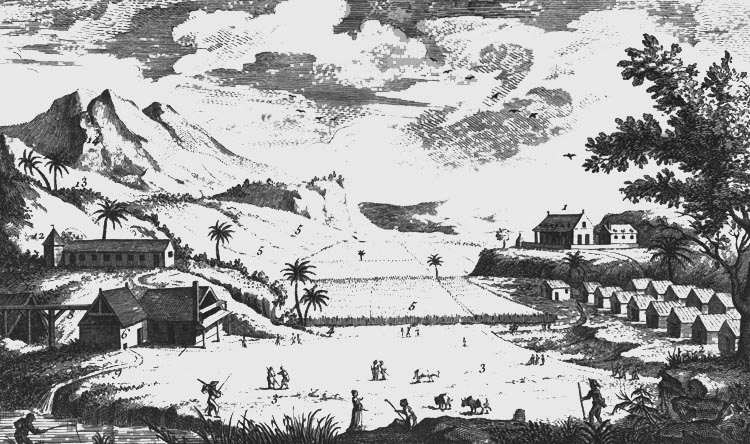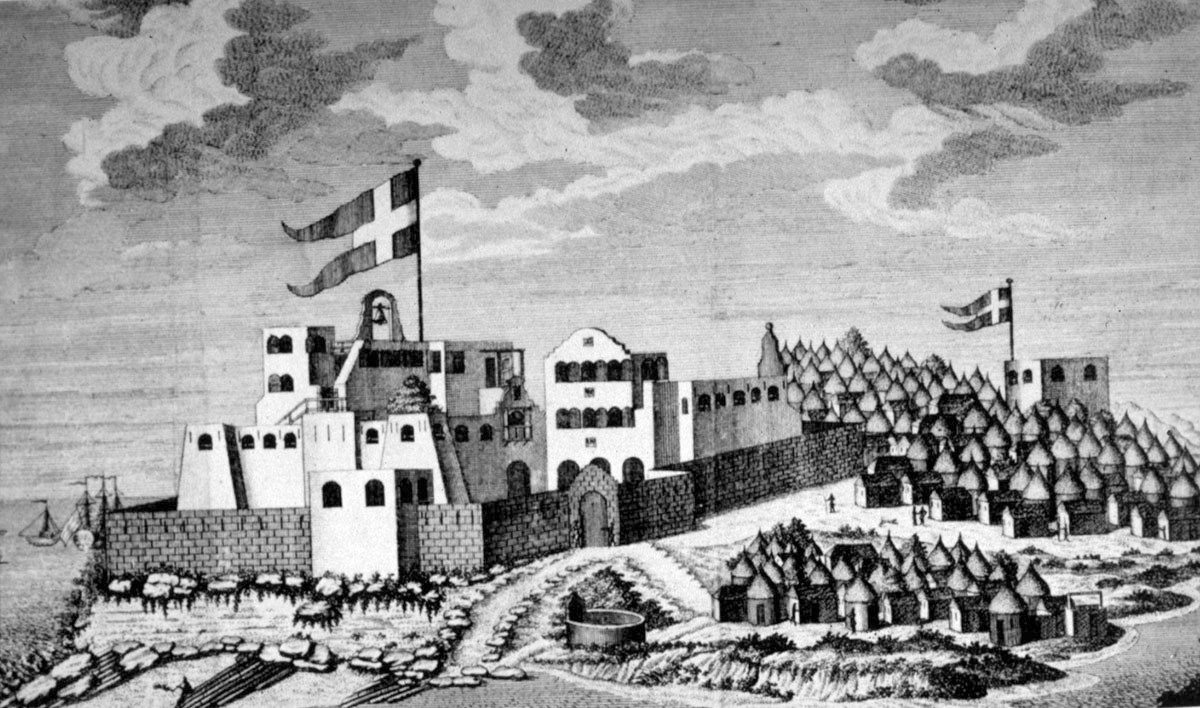|
1733 Slave Insurrection On St. John
A slave insurrection started on Sankt Jan in the Danish West Indies (now St. John, United States Virgin Islands) on November 23, 1733, when 150 African slaves from Akwamu, in present-day Ghana, revolted against the owners and managers of the island's plantations. Led by Breffu, an enslaved woman from Ghana, and lasting several months into August 1734, the slave rebellion was one of the earliest and longest slave revolts in the Americas. The Akwamu slaves captured the fort in Coral Bay and took control of most of the island. They intended to resume crop production under their own control and use Africans of other tribes as slave labor. Planters regained control by the end of May 1734, after the Akwamu were defeated by several hundred better-armed French and Swiss troops sent in April from Martinique, a French colony. Colonial militia continued to hunt down maroons and finally declared the rebellion at an end in late August 1734. Background Slave trade When the Spanish first o ... [...More Info...] [...Related Items...] OR: [Wikipedia] [Google] [Baidu] |
Slave Rebellion
A slave rebellion is an armed uprising by enslaved people, as a way of fighting for their freedom. Rebellions of enslaved people have occurred in nearly all societies that practice slavery or have practiced slavery in the past. A desire for freedom and the dream of successful rebellion is often the greatest object of song, art, and culture amongst the enslaved population. Many of the events, however, are often violently opposed and suppressed by slaveholders. The most successful slave rebellion in history was the 18th-century Haitian Revolution, led by Toussaint Louverture and later Jean-Jacques Dessalines who won the war against their French colonial rulers, which established the modern independent state of Haiti from the former French colony of Saint-Domingue. Another famous historic slave rebellion was led by the Roman slave Spartacus (c. 73–71 BC). In the ninth century, the poet-prophet Ali bin Muhammad led imported East African slaves in Iraq during the Zanj Rebellion again ... [...More Info...] [...Related Items...] OR: [Wikipedia] [Google] [Baidu] |
Manual Labour
Manual labour (in Commonwealth English, manual labor in American English) or manual work is physical work done by humans, in contrast to labour by machines and working animals. It is most literally work done with the hands (the word ''manual'' coming from the Latin word for hand) and, by figurative extension, it is work done with any of the muscles and bones of the human body. For most of human prehistory and history, manual labour and its close cousin, animal labour, have been the primary ways that physical work has been accomplished. Mechanisation and automation, which reduce the need for human and animal labour in production, have existed for centuries, but it was only starting in the 18th and 19th centuries that they began to significantly expand and to change human culture. To be implemented, they require that sufficient technology exist and that its capital costs be justified by the amount of future wages that they will obviate. Semi-automation is an alternative to worke ... [...More Info...] [...Related Items...] OR: [Wikipedia] [Google] [Baidu] |
Drought
A drought is defined as drier than normal conditions.Douville, H., K. Raghavan, J. Renwick, R.P. Allan, P.A. Arias, M. Barlow, R. Cerezo-Mota, A. Cherchi, T.Y. Gan, J. Gergis, D. Jiang, A. Khan, W. Pokam Mba, D. Rosenfeld, J. Tierney, and O. Zolina, 2021Water Cycle Changes In Climate Change 2021: The Physical Science Basis. Contribution of Working Group I to the Sixth Assessment Report of the Intergovernmental Panel on Climate Change [Masson-Delmotte, V., P. Zhai, A. Pirani, S.L. Connors, C. Péan, S. Berger, N. Caud, Y. Chen, L. Goldfarb, M.I. Gomis, M. Huang, K. Leitzell, E. Lonnoy, J.B.R. Matthews, T.K. Maycock, T. Waterfield, O. Yelekçi, R. Yu, and B. Zhou (eds.)]. Cambridge University Press, Cambridge, United Kingdom and New York, NY, USA, pp. 1055–1210, doi:10.1017/9781009157896.010. This means that a drought is "a moisture deficit relative to the average water availability at a given location and season". A drought can last for days, months or years. Drought ... [...More Info...] [...Related Items...] OR: [Wikipedia] [Google] [Baidu] |
Militia
A militia () is generally an army or some other fighting organization of non-professional soldiers, citizens of a country, or subjects of a state, who may perform military service during a time of need, as opposed to a professional force of regular, full-time military personnel; or, historically, to members of a warrior-nobility class (e.g. knights or samurai). Generally unable to hold ground against regular forces, militias commonly support regular troops by skirmishing, holding fortifications, or conducting irregular warfare, instead of undertaking offensive campaigns by themselves. Local civilian laws often limit militias to serve only in their home region, and to serve only for a limited time; this further reduces their use in long military campaigns. Beginning in the late 20th century, some militias (in particular officially recognized and sanctioned militias of a government) act as professional forces, while still being "part-time" or "on-call" organizations. For instan ... [...More Info...] [...Related Items...] OR: [Wikipedia] [Google] [Baidu] |
Slavery In The United States
The legal institution of human chattel slavery, comprising the enslavement primarily of Africans and African Americans, was prevalent in the United States of America from its founding in 1776 until 1865, predominantly in the South. Slavery was established throughout European colonization in the Americas. From 1526, during early colonial days, it was practiced in what became Britain's colonies, including the Thirteen Colonies that formed the United States. Under the law, an enslaved person was treated as property that could be bought, sold, or given away. Slavery lasted in about half of U.S. states until abolition. In the decades after the end of Reconstruction, many of slavery's economic and social functions were continued through segregation, sharecropping, and convict leasing. By the time of the American Revolution (1775–1783), the status of enslaved people had been institutionalized as a racial caste associated with African ancestry. During and immediately ... [...More Info...] [...Related Items...] OR: [Wikipedia] [Google] [Baidu] |
Sugar Production In The Danish West Indies
Sugar production in the United States Virgin Islands was an important part of the economy of the United States Virgin Islands for over two hundred years. Long before the islands became part of the United States in 1917, the islands, particular the island of Saint Croix, was exploited by the Danish from the early 18th century and by 1800 over 30,000 acres were under cultivation, earning Saint Croix a reputation as the "Garden of the West Indies". Since the closing of the last sugar factory on Saint Croix in 1966, the industry has become only a memory. History The island of Saint Croix has long been associated with sugar production and has been the dominant cash crop for the economy for over two hundred years. Due to its considerable accomplishments in agriculture, the island of Saint Croix became one of the wealthiest sugar producing islands and gained a reputation as "The Garden of the West Indies". The Caribbean island of Saint Croix in the United States Virgin Islands was a major ... [...More Info...] [...Related Items...] OR: [Wikipedia] [Google] [Baidu] |
The West Indian Atlas
''The'' () is a grammatical article in English, denoting persons or things already mentioned, under discussion, implied or otherwise presumed familiar to listeners, readers, or speakers. It is the definite article in English. ''The'' is the most frequently used word in the English language; studies and analyses of texts have found it to account for seven percent of all printed English-language words. It is derived from gendered articles in Old English which combined in Middle English and now has a single form used with pronouns of any gender. The word can be used with both singular and plural nouns, and with a noun that starts with any letter. This is different from many other languages, which have different forms of the definite article for different genders or numbers. Pronunciation In most dialects, "the" is pronounced as (with the voiced dental fricative followed by a schwa) when followed by a consonant sound, and as (homophone of pronoun ''thee'') when followed by a v ... [...More Info...] [...Related Items...] OR: [Wikipedia] [Google] [Baidu] |
Concubines
Concubinage is an interpersonal and sexual relationship between a man and a woman in which the couple does not want, or cannot enter into a full marriage. Concubinage and marriage are often regarded as similar but mutually exclusive. Concubinage was a formal and institutionalized practice in China until the 20th century that upheld concubines' rights and obligations. A concubine could be freeborn or of slave origin, and their experience could vary tremendously according to their masters' whim. During the Mongol conquests, both foreign royals and captured women were taken as concubines. Concubinage was also common in Meiji Japan as a status symbol, and in Indian society, where the intermingling of castes and religions was frowned upon and a taboo, and concubinage could be practiced with women with whom marriage was considered undesirable, such as those from a lower caste and Muslim women who wouldn't be accepted in a Hindu household and Hindu women who wouldn't be accepted in a ... [...More Info...] [...Related Items...] OR: [Wikipedia] [Google] [Baidu] |
Akan People
The Akan () people live primarily in present-day Ghana and Ivory Coast in West Africa. The Akan language (also known as ''Twi/Fante'') are a group of dialects within the Central Tano branch of the Potou–Tano subfamily of the Niger–Congo family.Languages of the Akan area: papers in Western Kwa linguistics and on the linguistic geography of the area of ancient. Isaac K. Chinebuah, H. Max J. Trutenau, Linguistic Circle of Accra, Basler Afrika Bibliographien, 1976, pp. 168. Subgroups of the Akan people include: the Agona, Akuapem, Akwamu, Akyem, Ashanti, Bono, Fante, Kwahu, Wassa, and Ahanta. The Akan subgroups all have cultural attributes in common; most notably the tracing of matrilineal descent, inheritance of property, and succession to high political office. Oral tradition and Ethnogenesis Akan people are believed to have migrated to their current location from the Sahara desert and Sahel regions of Africa into the forest region around the 11th century. Many Akans ... [...More Info...] [...Related Items...] OR: [Wikipedia] [Google] [Baidu] |
Guinea
Guinea ( ),, fuf, 𞤘𞤭𞤲𞤫, italic=no, Gine, wo, Gine, nqo, ߖߌ߬ߣߍ߫, bm, Gine officially the Republic of Guinea (french: République de Guinée), is a coastal country in West Africa. It borders the Atlantic Ocean to the west, Guinea-Bissau to the northwest, Senegal to the north, Mali to the northeast, Cote d'Ivoire to the southeast, and Sierra Leone and Liberia to the south. It is sometimes referred to as Guinea-Conakry after its capital Conakry, to distinguish it from other territories in the eponymous region such as Guinea-Bissau and Equatorial Guinea. It has a population of million and an area of . Formerly French Guinea, it achieved independence in 1958. It has a history of military coups d'état.Nicholas Bariyo & Benoit FauconMilitary Faction Stages Coup in Mineral-Rich Guinea ''Wall Street Journal'' (September 5, 2021).Krista LarsonEXPLAINER: Why is history repeating itself in Guinea's coup? Associated Press (September 7, 2021).Danielle PaquettH ... [...More Info...] [...Related Items...] OR: [Wikipedia] [Google] [Baidu] |
Accra
Accra (; tw, Nkran; dag, Ankara; gaa, Ga or ''Gaga'') is the capital and largest city of Ghana, located on the southern coast at the Gulf of Guinea, which is part of the Atlantic Ocean. As of 2021 census, the Accra Metropolitan District, , had a population of 284,124 inhabitants, and the larger Greater Accra Region, , had a population of 5,455,692 inhabitants. In common usage, the name "Accra" often refers to the territory of the Accra Metropolitan District as it existed before 2008, when it covered .Sum of the land areas of Accra Metropolitan District, Ablekuma Central Municipal District, Ablekuma North Municipal District, Ablekuma West Municipal District, Ayawaso Central Municipal District, Ayawaso East Municipal District, Ayawaso North Municipal District, Ayawaso West Municipal District, Korle Klottey Municipal District, Krowor Municipal District, La Dadekotopon Municipal District, Ledzokuku Municipal District, and Okaikoi North Municipal District, as per the 2021 ce ... [...More Info...] [...Related Items...] OR: [Wikipedia] [Google] [Baidu] |
Danish West India And Guinea Company
The Danish West India Company () or Danish West IndiaGuinea Company (') was a Dano-Norwegian chartered company that operated out of the colonies in the Danish West Indies. It is estimated that 120,000 enslaved Africans were transported on the company's ships. Founded as the Danish Africa Company () in 1659, it was incorporated into the Danish West India Company in 1671. History In March 1659 the Danish Africa Company was started in Glückstadt by the originally Finnish Hendrik Carloff; two Dutchmen, Isaac Coymans and Nicolaes Pancras; and two German merchants, Vincent Klingenberg and Jacob del Boe. Their mandate included trade with the Danish Gold Coast in present-day Ghana. In 1671 the Africa Company was incorporated in the Danish West India Company. The West India Company was organized on November 20, 1670, and formally chartered by King Christian V on March 11, 1671.Westergaard, Waldemar. The Danish West Indies under Company Rule'. The Danes settled in St. Thomas in 1668. ... [...More Info...] [...Related Items...] OR: [Wikipedia] [Google] [Baidu] |







.png)



